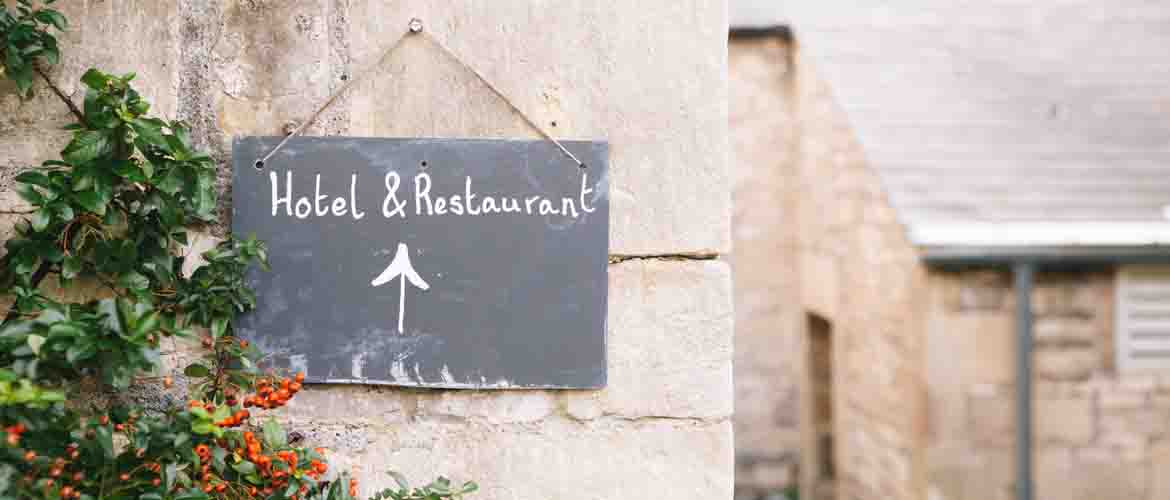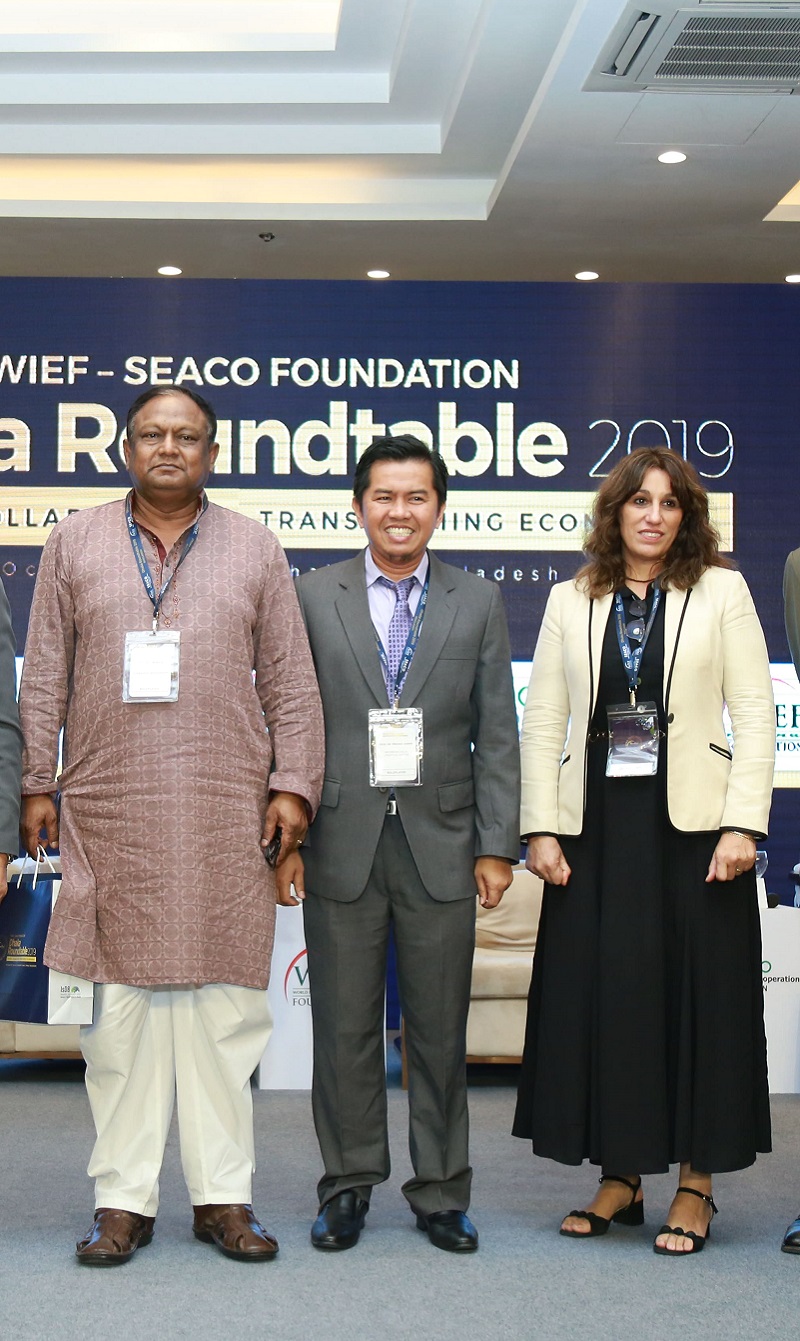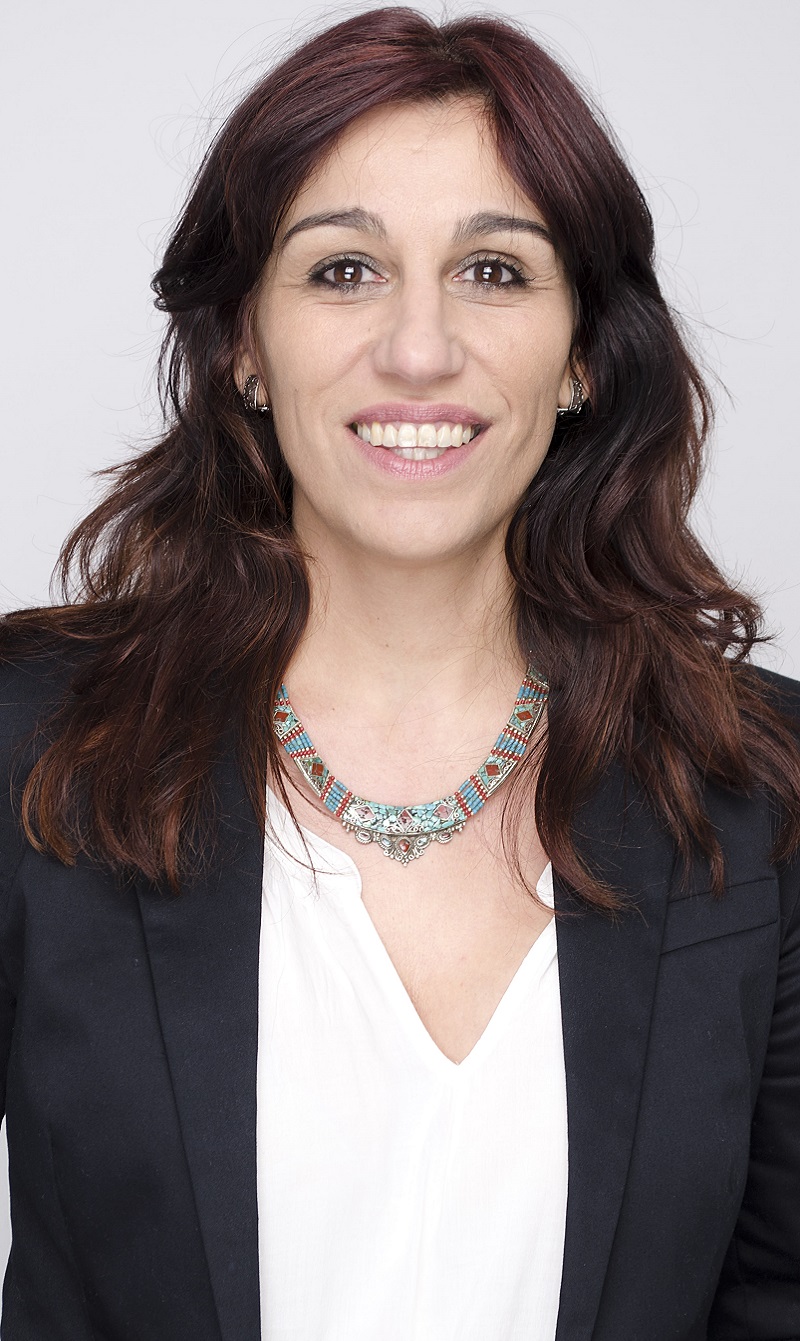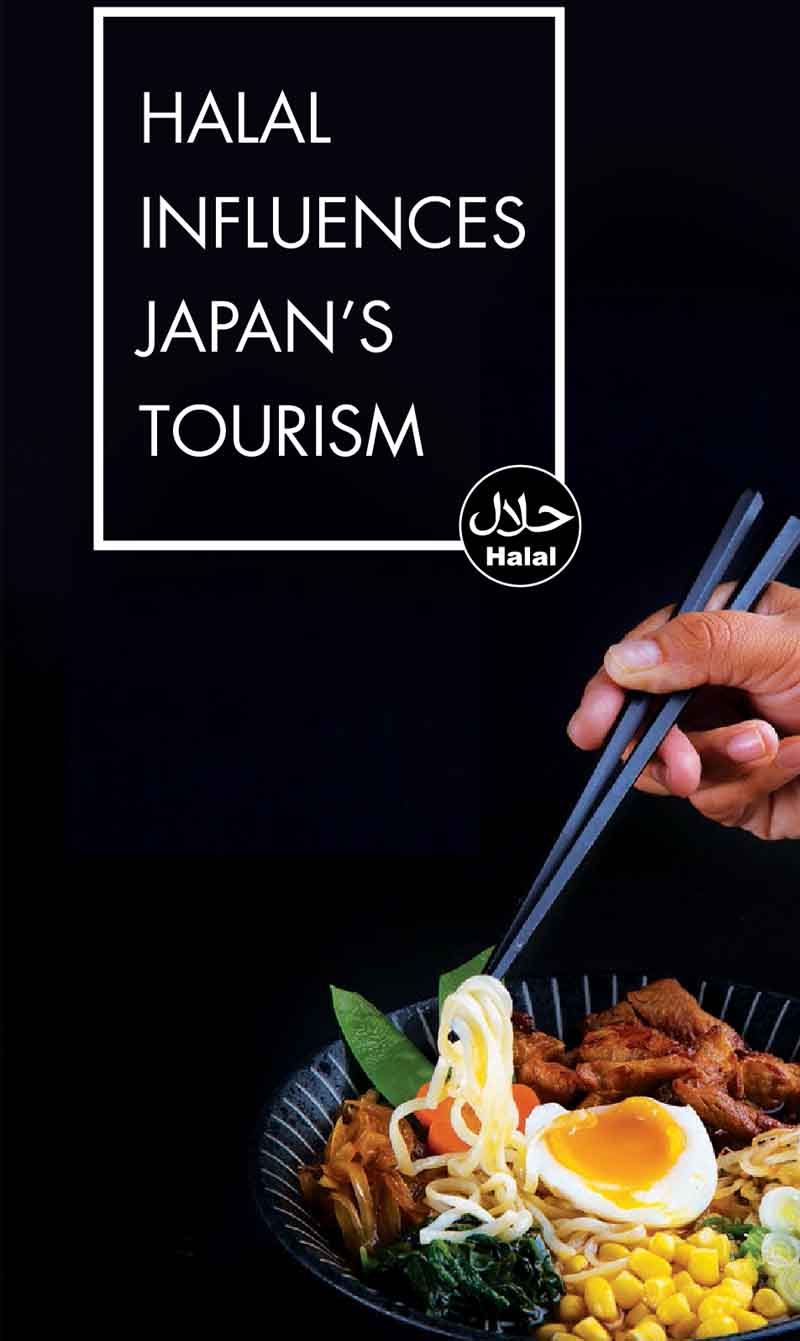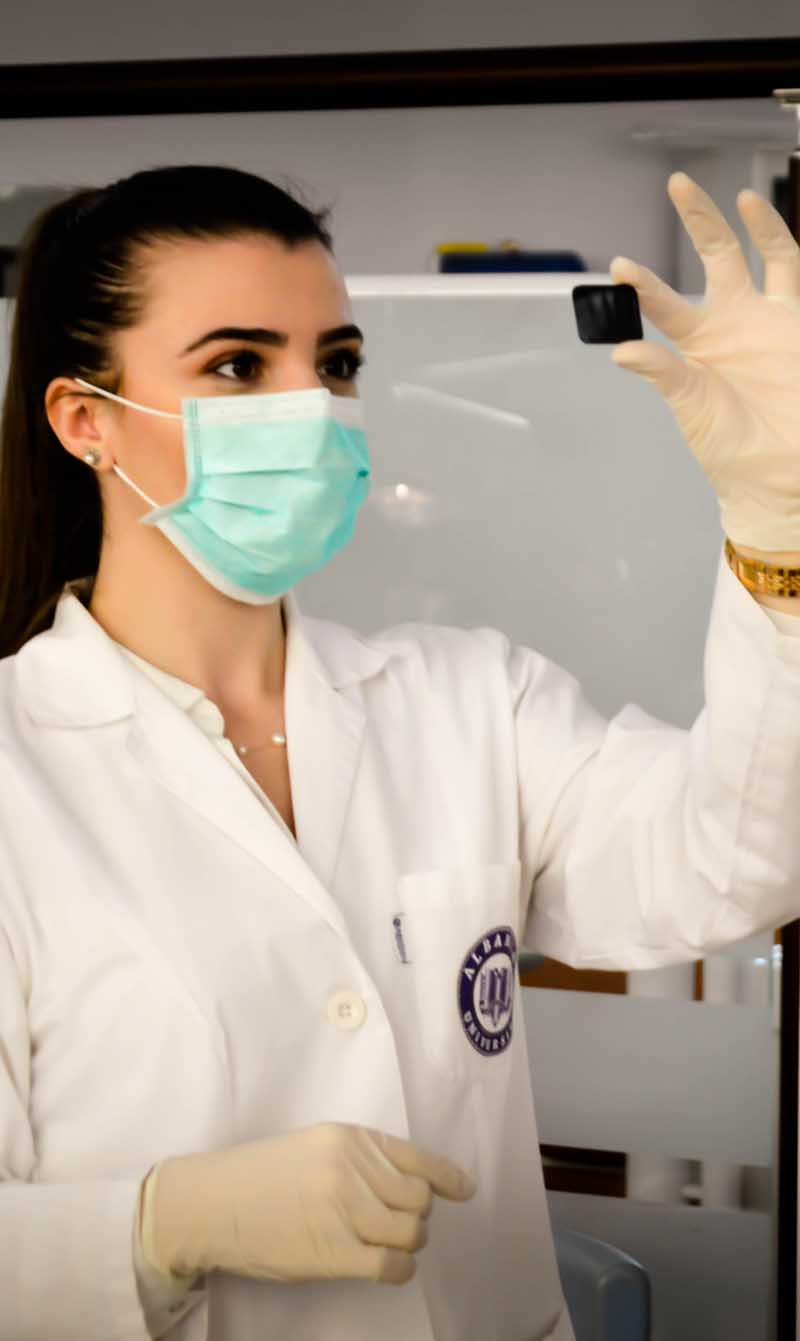Developing the halal ecosystem
Halal is no longer confined to how an animal is slaughtered. Today, the word encompasses entire industries and is an ecosystem with many challenges but how do we reach its full potential?
During the 11th WIEF in Kuala Lumpur, experts discussed how companies had already immersed themselves in the halal ecosystem by producing halal products besides their regular lines, touching on what can be exclusively done to expound on this ecosystem.
Professor Cedomir Nestorovic of the ESSEC Business School in Singapore noted that while the Muslim population currently stood at 22 per cent of the global population, the total Gross Domestic Product (GDP) of Muslim countries—that is, primarily the members of the Organisation of Islamic Cooperation—represented only 8.3 per cent of global GDP.
This discrepancy was a major concern, he said, and the World Bank classified 26 OIC countries as low-income, 25 as middle-income and only six as high-income nations. He added that, globally, 90 per cent of displaced people came from Muslim countries and thus Muslim markets were not necessarily the most conducive for halal expansion.
However, professor Cedomir was confident that many opportunities existed. In western markets, for example, second- and third-generation Muslims-unlike their predecessors-now enjoyed average purchasing power and were looking for sophisticated halal products such as ready meals. Demand was also rising in western markets for non-hormone tayyib (pure, wholesome) products, offering a niche advantage.
He observed that Nestlé, Coca-Cola and Danone now offered halal products besides their regular lines, and that no single corporation championed halal products exclusively.
Professor Cedomir said that halal companies in Brunei were making inroads into the UK and China with their halal production, packaging and distribution. Dubai, too, was launching an ambitious programme to track multinational companies, re-packaging and adding value to halal products for export. However, despite the 17 per cent annual growth in Islamic finance, halal food was growing at only 4 to 5 per cent per year, he added.
South Korea’s expanding halal market
Hyunju Shin of Daesang Corporation, South Korea, related how Daesang-South Korea’s leading food manufacturer-established itself as a halal industry forerunner. When Daesang entered Indonesia in 1973, it became aware of the significance of halal products and it was also the first South Korean company to manufacture abroad.
Daesang now produces 14 halal products, including seaweed, mayonnaise, cooking oil, snacks and noodles. It also produces 70 bio-halal products certified by both the Majelis Ulama Indonesia (MUI) and the Korean Muslim Federation (KMF)-currently, the KMF operates cross-accreditation with the MUI, Malaysia’s Department of Islamic Development, and the UAE, with Singapore to follow soon.
Hyunju said that, in 2015, South Korean President Park Geun-hye had given the halal industry priority in government policy and initiatives included fostering agriculture as an export industry, using Free Trade Agreements as stepping-stones, signing a halal memorandum with the UAE and establishing schemes to promote the halal food industry.
Hyunju said that, so far, the KMF had certified 155 producers, 524 products and 6 restaurants in South Korea, in addition to the 14 companies and 264 products certified by foreign bodies.
South Korea was one of the most aggressive countries in the halal market, ranking fifth among the top 10 countries with halal production certified by the MUI. In 2015, Korea’s total agri-food products increased by 0.8 per cent compared to the same period in the previous year, she added.
Despite these successes, Hyunju warned of several challenges hampering the industry: Daesang’s halal products were limited, and the company intended to expand its range, especially in traditional Korean sauces. However, as the fermentation process releases alcohol, Daesang will need to invest in more research and development to ensure halal compliance.
Daesang’s manufacturing facilities also needed investment as compliance with halal regulations required dedicated supply lines, equipment and handling. Furthermore, additional cross-certification between KMF and other certificating bodies abroad was another obstacle to overcome, she said.
Hyunju also noted that consumer education and communication were important especially in non-Islamic countries such as South Korea where Muslims constituted less than one per cent of the population. ‘Non-Muslims are increasingly interested in halal food products because of their safety, cleanliness and good quality,’ she said.
Innovation and tradition
The Muslim population was expected to grow from 1.5 billion today to 2.2 billion in 2030, said Javier Santiso, executive director of Investments and Head of Khazanah Nasional Bhd, Europe. This illustrates the halal market’s potential, he said, adding that 10 of the top 30 emerging markets today were Muslim.
The world, he said, was currently in a new industrial revolution resulting from the digital revolution, which has delivered a slew of unicorn companies. Airbnb, for example, owned no rooms but competed with Intercontinental’s 400,000 rooms while Uber was worth four times more than Intercontinental.
Javier argued that trends pointed towards halal products becoming the next unicorns, with startups such as the London-based HalalBooking.com and Singapore’s halaltrip.com already achieving success. He also spoke of his native Spain, where an almost empty hotel in Marbella had been converted by Saudi investors into a successful halal hotel. On the whole, however, Spain had not used its 700-year history with the Muslim Arab world sufficiently, he said, although cities such as Granada and Cordoba were steeped in Muslim heritage.
Nonetheless, Javier remained optimistic and was proud of his country’s chefs and cuisine. He was certain that Spanish chefs were on the cusp of the 3.0 economy with their creative, experimental outlook.
He told participants of a restaurant that would open in Córdoba in December 2015: named ‘Noor’, the restaurant would be led by the 34-year-old Michelin-star chef Paco Morales who has spent the past several years exploring Andalusian Muslim cuisine. ‘This will be the first Michelin-star restaurant in Europe to be certified halal,’ Javier said, adding that it would present a new interpretation of the Arab legacy in southern Spain.
Developing internationally
Marcos Jank, who is vice president, Corporate Affairs and Business Development, BRF SA, Singapore, said that BRF, an 80-year-old Brazilian company, was one of the world’s largest food companies, ranking seventh in market capitalisation in the global food industry.
The fully integrated company exports to 125 countries, making it the world’s largest poultry exporter with 20 per cent of global market share. As BRF expanded into international markets over the past 40 years, it began exporting halal poultry to Saudi Arabia and other Middle Eastern countries. Its new Abu Dhabi plant, launched in 2014, receives frozen raw material from Brazil and produces 100 halal products for the region.
Asia, which is home to 21 per cent of the global population, is BRF’s next major opportunity. However, Marcos noted that entry barriers to Asian markets were restrictive. Most Asian countries exercised non-tariff barriers with many import restrictions, and the lack of a single globally recognised halal certification regime was another obstacle as countries continued to formulate their own standards. ‘It makes it difficult to think about a global halal market,’ he said.
However, the halal ecosystem was still worth investment as Asia was home to one billion Muslims. Marcos hoped that with more regulatory convergence, the market could be tapped. He lauded initiatives such as the ASEAN Economic Community and the Trans Pacific Partnership (TPP).
Beyond the Muslim world
Abdalhamid David Evans, senior analyst at Imarat Consultants, said though the halal industry had grown to USD860 million in a very short time, proving its viability, an integrated halal ecosystem was still a long way off.
Convergence, Abdalhamid said, should revolve around tayyib. ‘People want to see ethical behaviour-they want to see morality displayed in the market place.’ He argued that if stakeholders focused more on shared values and less on particular Islamic terms, they would be more likely to find common ground. ‘We are one human race. What has been decreed for us divinely is actually good for all of us, and I think that Muslims need to stop trying to own it completely. We need to just give it away to the rest of the world. Then I think we’ll see some significant changes,’ he ended.
___________________
This is based on a session from the 11th WIEF In Kuala Lumpur Malaysia in 2016.
Photo Credit: Jason Briscoe
